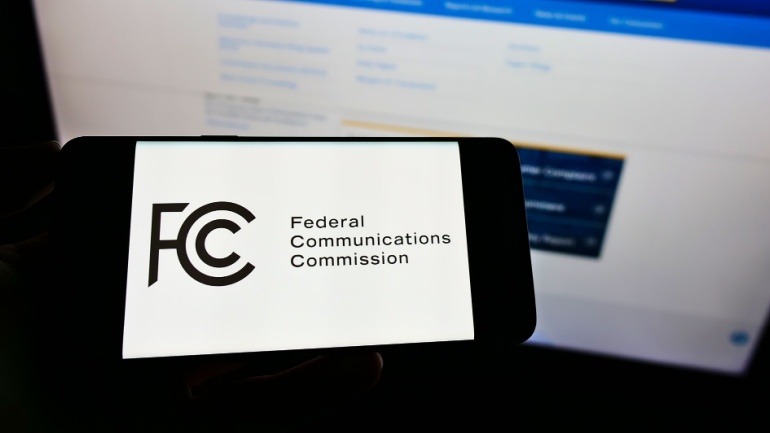Boldyn Networks has strategically entered the German market with its acquisition of Smart Mobile Labs, a key player in the private 5G landscape. This bold move emphasizes Boldyn’s commitment to enhancing its 5G solutions.
Sinch is revolutionizing 911 emergency response with its PSAP Outage Services, a cutting-edge solution ensuring FCC compliance and seamless emergency communication. By automating PSAP notifications and providing up-to-date contact data, Sinch helps service providers quickly address 911 outages.
U Mobile is ambitiously spearheading Malaysia’s second 5G network rollout, notably without state funding or local partnerships. Led by Tan Sri Vincent Tan, the company aims to deploy 5G within 15 to 18 months.
Donald Trump has nominated Olivia Trusty for FCC commissioner, praising her dedication to economic growth and innovation. Trusty is expected to work closely with new FCC Chairman Brendan Carr to streamline regulations and expand affordable internet access.
Sparkle, a top global operator, is enhancing its services in Brazil with a new Point of Presence in Brasília. This strategic move caters to increasing demand for international connectivity, reinforcing Sparkle’s leading role in Latin America.
Cerillion, a BSS/OSS-as-a-Service provider, partners with Ucom for a transformative digital upgrade. This collaboration will optimize Ucom’s operations, enhancing their quadruple-play services through Cerillion’s integrated suite.
China-based Sequans Communications recently expanded by acquiring Swiss company ACP, strengthening its ambitions in the rapidly growing 5G RedCap sector. This strategic acquisition enhances Sequans’ capabilities to capture the expanding eRedCap market.
Three UK has teamed up with Ericsson to create Europe’s largest cloud-native core network, boosting capacity to 9 Tbps. As data usage skyrockets from services like streaming and gaming, this partnership aims to enhance performance.
Freshwave’s collaboration with the National Robotarium leverages 5G networks to empower agritech robots, including the innovative ‘Spot’. By streaming live video and conducting real-time analyses, these robots enhance productivity in agriculture.
DIDWW has launched an advanced omnichannel Messaging Platform, enabling businesses to engage globally via SMS, social platforms, and email. With robust security, real-time monitoring, and premium quality SMS services, the platform ensures reliable communication.













